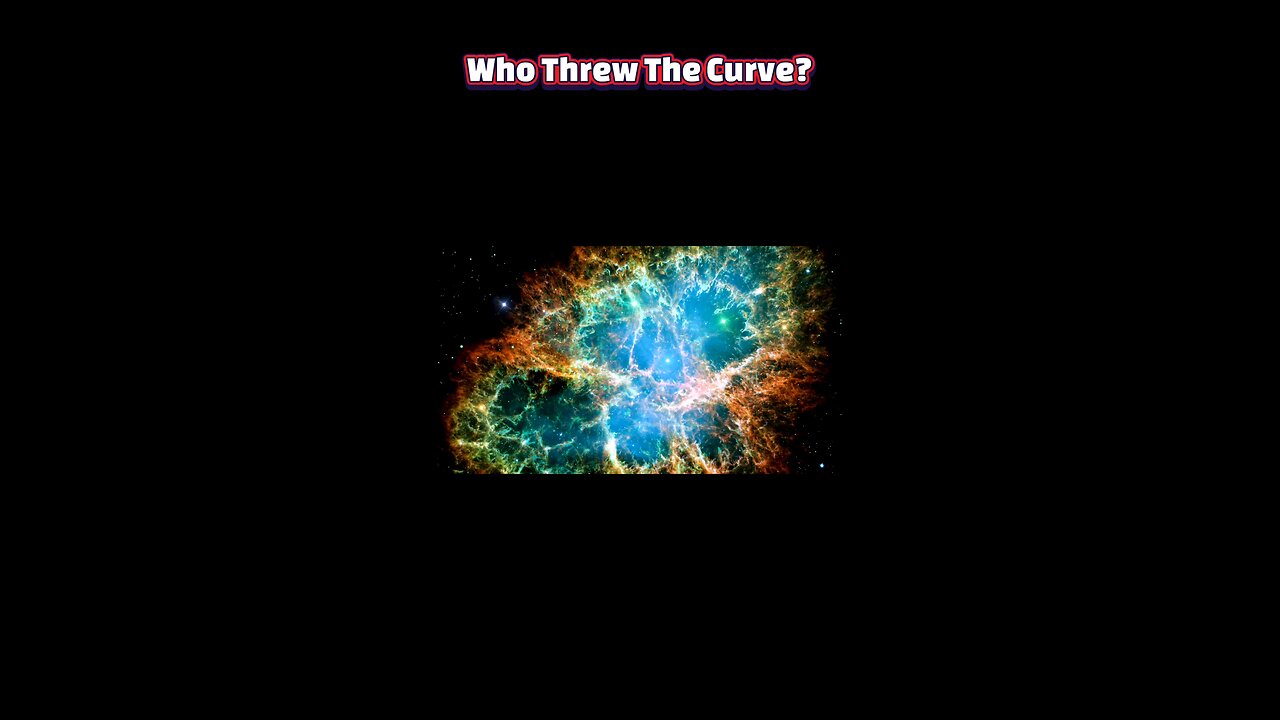Premium Only Content

Did the Universe Bounce Back? Supercomputers vs the Big Bang
#BigBangTheory #CosmicBounce #SupercomputerScience #UniverseOrigins #AstrophysicsExplained #SpaceMysteries #QuantumGravity #CosmicDawn #ScienceYouTube #MindBlown
For nearly a century the Big Bang has been treated as the origin of space and time, but modern cosmology asks a sharper question: was that explosive beginning actually a rebound from an earlier, contracting cosmos? Recent work using supercomputers and the full nonlinearity of Einstein’s equations has pushed this question from philosophical speculation into testable mathematics, showing which pre-Big Bang scenarios survive rigorous numerical scrutiny and which do not.
The technical advance driving the reassessment is numerical relativity: large-scale simulations that solve Einstein’s field equations in extreme, nonlinear regimes where paper-and-pencil approximations fail. These simulations can follow contracting universes toward singularities and explore whether the approach is chaotic, smooth, or amenable to a bounce that transitions contraction into expansion. By relaxing standard assumptions, such as perfect uniformity, researchers can see how realistic inhomogeneities and anisotropies affect any putative rebound.
Applied to concrete proposals, the simulations help discriminate among competing pictures: chaotic “mixmaster” singularities where different regions evolve independently; smooth bounce scenarios in which new physics or effective pressures reverse collapse; and higher-dimensional brane-collision models inspired by string theory. Supercomputers don’t yet deliver a single answer, but they substantially narrow the range of mathematically consistent models and reveal which mechanisms could plausibly reproduce the observed large-scale structure and cosmic microwave background patterns.
Even if a bounce is mathematically possible, big conceptual gaps remain. Any true rebound must address how quantum gravity behaves at Planckian densities, how entropy and the arrow of time are treated across a bounce, and whether observational signatures of a prehistory survive to be measured today. Current simulations illuminate the space of possibilities and point toward observational tests, but they do not yet replace the need for a working theory that unites general relativity with quantum mechanics.
The emerging picture is therefore both humbling and exciting: the Big Bang might be a singular beginning, or it might be the latest chapter in a longer cosmic cycle, but either way, supercomputers have transformed the question from idle metaphysics into an empirical program. Continued numerical work, guided by advances in theory and data, will keep shrinking the set of viable pre-Big Bang narratives until observations can confirm or rule out the boldest rebound scenarios.
-
 LIVE
LIVE
Timcast
1 hour agoZohran Mamdani BLAMES Trump Over Bomb Threats At Polling Locations
24,971 watching -
 LIVE
LIVE
Right Side Broadcasting Network
3 hours agoLIVE: White House Press Secretary Karoline Leavitt Holds a Press Briefing - 11/4/25
1,499 watching -
 LIVE
LIVE
The Charlie Kirk Show
56 minutes agoGo Vote! + Healthcare and the Shutdown | Dr. Oz, Baris | 11.4.2025
3,404 watching -
 UPCOMING
UPCOMING
Sean Unpaved
53 minutes agoCarousel Chaos: CFB Week 10 Shocks & Drops, Cardinals Stun MNF, & CBB's Opening Tip-Off Frenzy
4 -
 LIVE
LIVE
Steven Crowder
3 hours ago🔴Failed Hit Job: Another Trump Media Hoax Exposed
20,908 watching -
 56:36
56:36
The Rubin Report
2 hours agoFox Hosts Stunned by Piers Morgan’s Dark Prediction for NYC Under Zohran Mamdan
13.5K21 -
![GRAY ZONE DEVLOG FOR .3.5 UPDATE!!! [RGMT CONTENT Mgr. | RGMT GL | GZW CL]](https://1a-1791.com/video/fww1/11/s8/1/0/K/B/w/0KBwz.0kob-small-GRAY-ZONE-DEVLOG-FOR-.3.5-U.jpg) LIVE
LIVE
XDDX_HiTower
46 minutes agoGRAY ZONE DEVLOG FOR .3.5 UPDATE!!! [RGMT CONTENT Mgr. | RGMT GL | GZW CL]
41 watching -
 LIVE
LIVE
LFA TV
15 hours agoLIVE & BREAKING NEWS! | TUESDAY 11/4/25
3,914 watching -
 LIVE
LIVE
The Shannon Joy Show
2 hours agoICE Brutality In Evanston, Illinois Sparks New Outrage * GOP Seeks New FISA Re-Authorization * Are Tucker Carlson & Nick Fuentes Feds?
241 watching -
 LIVE
LIVE
The Mel K Show
1 hour agoA Republic if You Can Keep It-Americans Must Choose 11-04-25
608 watching